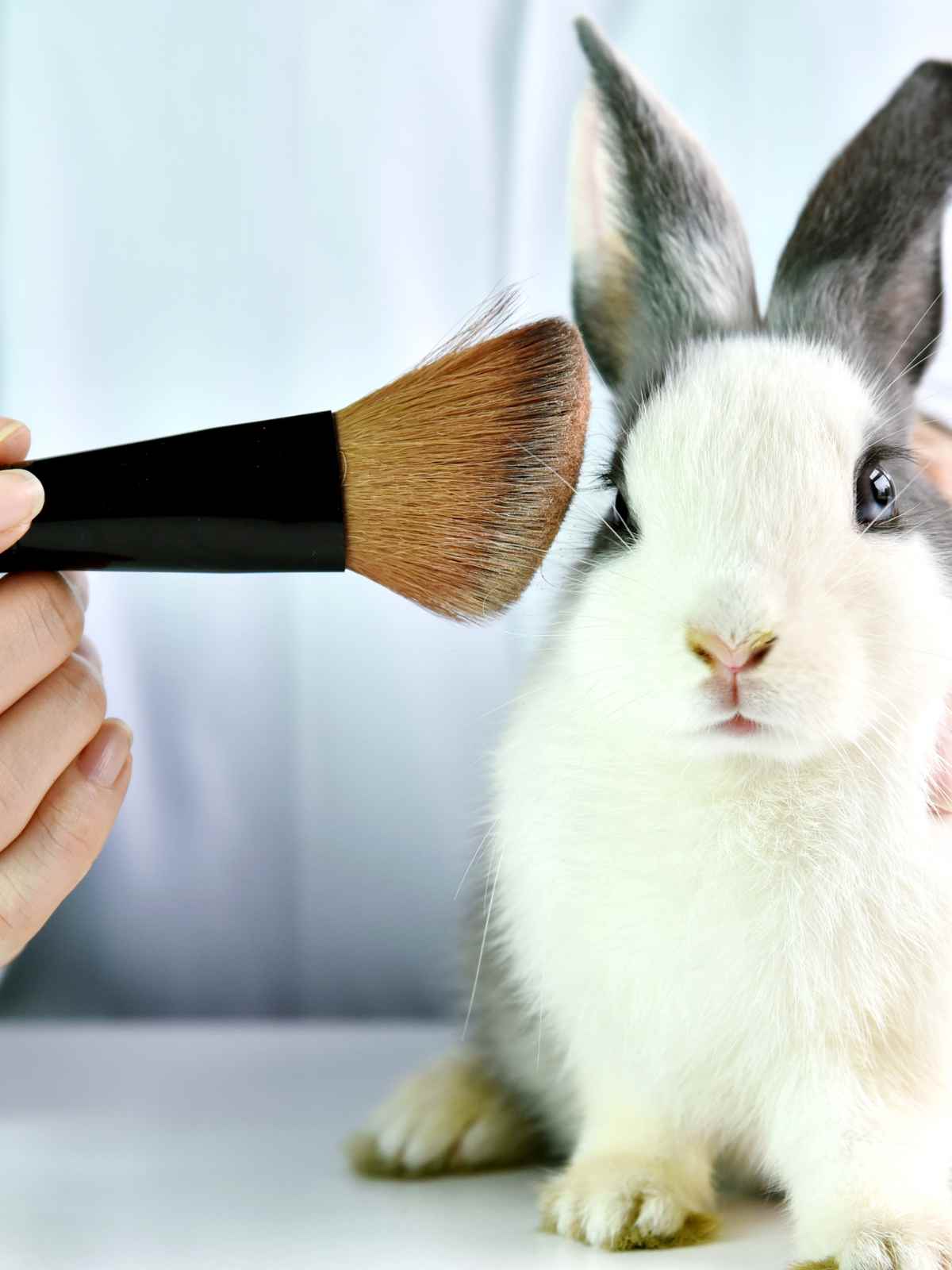Every week, the Good On You team scours the internet, so you can have easy access to the ethical and sustainable fashion news that matters. Here’s everything you need to know this week.
In the know
UN calls for ‘everything, everywhere, all at once’ climate action
The latest report from the IPCC, based on 10,000 pages of scientific research, warns that burning fossil fuels is putting humanity’s wellbeing and the planet’s stability at risk. “This report is a clarion call to massively fast-track climate efforts by every country and every sector and on every timeframe,” said UN secretary general António Guterres in a statement on the report’s release shared in this article by Bloomberg. “In short, our world needs climate action on all fronts—everything, everywhere, all at once.”
World first for Stella McCartney as she uses new biomaterial for sequins
Stella McCartney has unveiled a new lower-impact material with the support of LVMH to create sequins for her latest collection, which is featured on the cover of the US Vogue April edition. These BioSequins are made from biodegradable and non-toxic plant-based cellulose. They do not use any metals, minerals, or synthetic pigments or dyes.
New environmental regulation and a greenwashing crackdown: so what does that mean for fashion?
The new Corporate Sustainability Reporting Directive (CSRD) passed by the EU in January 2023 will require large organisations and SMEs in various sectors, including fashion, to report on environmental, social, and corporate governance (ESG) metrics using defined standards that can be verified with external audits, says Fashion United. This is part of the EU’s wider efforts to tackle the fashion industry’s overproduction crisis and reduce the associated waste, pollution, and labour rights issues.
How is technology improving traceability in the supply chain?
This latest episode of the Sustainably Influenced podcast delves into traceability in the fashion industry’s supply chain and how brands use AI and blockchain technology to achieve their sustainability goals. As consumers become increasingly eco-conscious, transparency and responsible sourcing are crucial factors in creating more sustainable and ethical products.



















